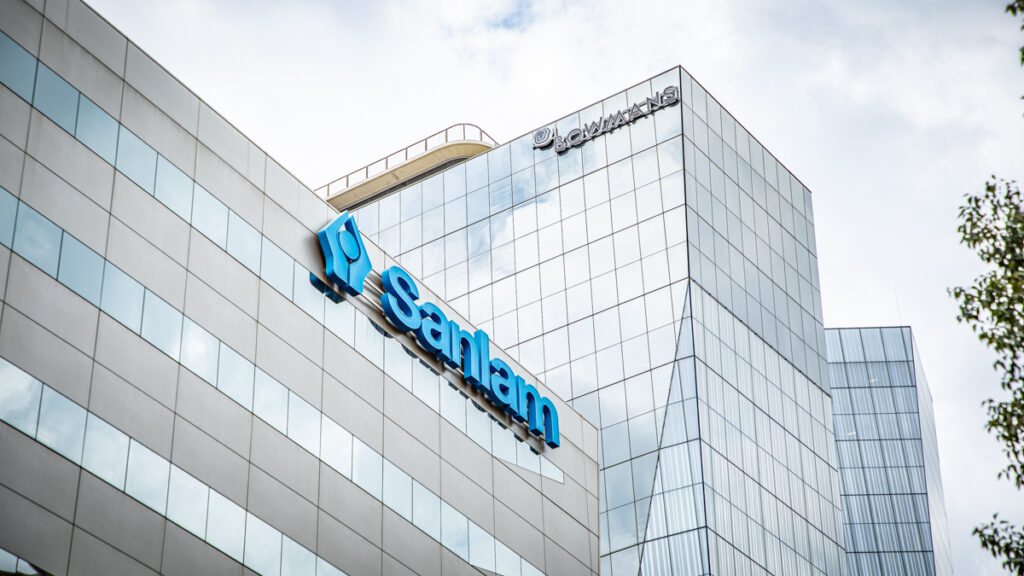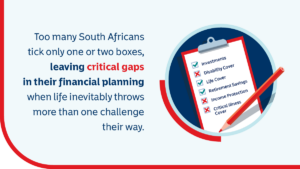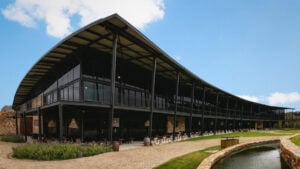80 is the new 60 in South Africa because people just can’t afford to retire

South Africans are looking increasingly likely to work for longer, with many having inadequate funds to retire in their 60s.
According to the latest FNB Retirement Insights Survey, the reality of retirement is far from the image of comfort and financial ease.
The survey showed a widening gap between retirement expectations and actual preparedness.
Only 10% of South Africans are planning to fully retire at 60. Although more South Africans claim to have a retirement plan, very few are on track to achieve their goals.
The survey revealed that 60% of South Africans under 60 have a retirement plan, but financial constraints have hindered progress.
This causes South Africans to delay contributions or to access their savings prematurely, or sometimes to abandon retirement products altogether.
Among middle-income earners, contributions towards retirement annuities have dropped from 51% to 34% as debt pressures and daily living costs take precedence.
The research also shows that many in the middle class feel uncertain about their ability to save adequately and stay on track with their retirement plans.
“The gap between expectations and outcomes must be urgently addressed,” said Lytania Johnson, CEO of FNB Personal Segment.
“There is growing positive momentum in our industry, and a visible shift from a ‘one day’ to a ‘day one’ mindset.”
One positive that Johnson highlighted was the greater number of younger and lower-income consumers engaging earlier with retirement planning.
Far more South Africans are starting their retirement journey well before the age of 30, with a growing use of diverse savings and investment products.
“We are seeing more South Africans recognising the need to plan and taking initial steps – but awareness without action won’t secure the futures that people want,” said Johnson.
People with retirement plans often feel uneasy, with many having a persistent anxiety over the rising cost of living, future health expenses and whether their money will last.
Younger respondents are usually more optimistic, with many are expecting to replace 75% of their income in retirement
However, the experiences of older adults tell a different story, with many over-60s working longer than planned, cutting back on spending and relying on their children for support.
Working until you’re 80

The concerns in the FNB survey pale in comparison to a recent study by Sanlam, which showed that most South Africans will need to work until they are 80 to comfortably retire.
This was part of the Sanlam Corporate study, which looked into the data of 300,000 Sanlam Umbrella Fund members.
Although 65 is the official retirement age for many, Sanlam’s internal data showed that most South Africans cannot afford to retire at this age.
At 65, the average South African would have far less saved than what they require to maintain their lifestyle.
The industry benchmark for a comfortable retirement is a 75% replacement ratio, which looks at the percentage of the final working salary they will receive as retirement income.
However, the average citizen is expected to achieve only a 25% replacement ratio at the retirement age of 65.
“Most people will need to work an additional 15 years to achieve financial security in retirement,” said Sanlam Corporate CEO Kanyisa Mkhize.
These extended working years will profoundly affect financial planning and career development.
Workers will have to maintain employability and skills development well into their 70s while managing their health to remain competitive in the job market.
Starting earlier is better for those who want to try and enjoy their final years in peace. A 10X Investments Retirement Reality Report found it challenging to make up for a retirement savings deficit after age 50.
The report showed that people would need to put aside around 60% of their income by 50 if they want to retire comfortably.




















